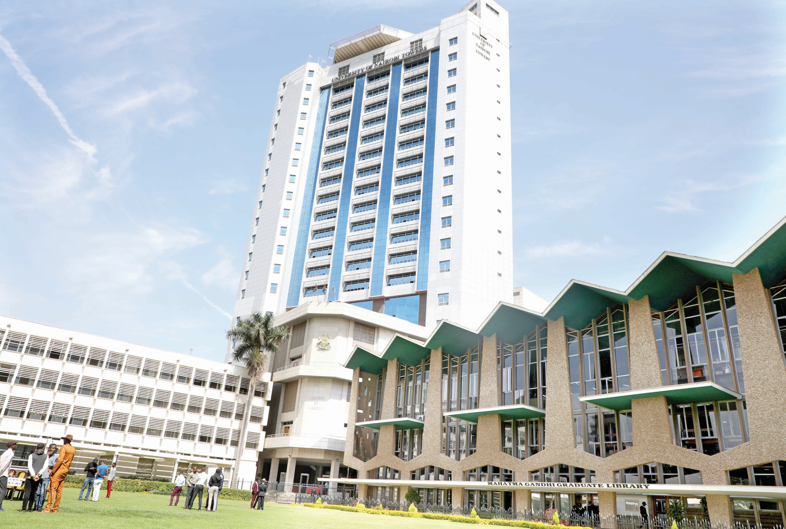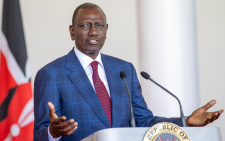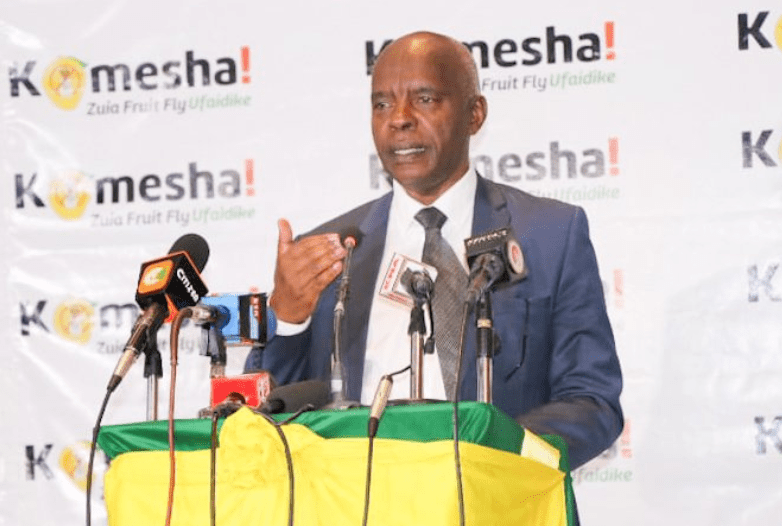Ministry must stem arrogance at UoN council

Something is terribly rotten in the administration of the University of Nairobi, Kenya’s oldest institution of higher learning. Just as we were hailing in this space on Friday the appointment of a new vice-chancellor (VC), news broke that the man picked for the job, Prof Bitange Ndemo, had withdrawn his candidacy due to procedural irregularities.
The process of appointing the VC and a deputy has become an embarrassing public spectacle. The most troubling aspect of this debacle is the blatant disregard for established legal frameworks.
As Higher Education Principal Secretary Beatrice Inyangala confirmed in a public notice on Friday, the university council, led by Prof Amukowa Anangwe, failed to consult with the Education Cabinet Secretary before making these critical appointments, a clear violation of the 2012 Universities Act. Even more concerning is that no university council meeting was ever convened to discuss these appointments before letters were issued.
This arrogant approach to governance by the council’s leadership suggests administrative impunity of the highest order. The council apparently deliberately circumvented ministerial oversight and proper consultative processes. Members of the council seem to believe that the university exists as their personal fiefdom rather than a public institution bound by laws and regulations.
Meanwhile, it is the students who continue to bear the brunt of this administrative chaos. For nearly two years, the university has limped along with temporary leadership, resulting in a litany of serious problems, according to student leaders: budgetary constraints limiting essential services, accommodation shortages forcing students into precarious living situations, and persistent administrative inefficiencies.
Academic progress has also been hampered by missing marks, fee-balance restrictions, and missed internship opportunities. Even campus security has deteriorated, putting student safety at risk.
Currently, an incredible five top roles at the university are held in acting capacity, creating a leadership vacuum at exactly the time when decisive management is most needed. This institutional paralysis has transformed what should be a centre of excellence into a case study in mismanagement.
We see three ways forward. First, the Ministry of Education must assert its rightful oversight role and initiate a transparent, competitive recruitment process for all vacant positions, strictly adhering to the Universities Act.
Second, an independent audit of university governance should be conducted to identify structural weaknesses that enabled this situation. And third, student representatives must be given more meaningful participation in university governance to ensure their concerns are addressed appropriately.
The university’s reputation as Kenya’s oldest and most prestigious institution of higher learning is at stake. Only through transparent, lawful processes and genuine accountability can trust be restored and the university returned on the path to excellence. Inyangala promised that “appropriate action” would be taken against the university council leadership. We await to see the ministry’s next step













